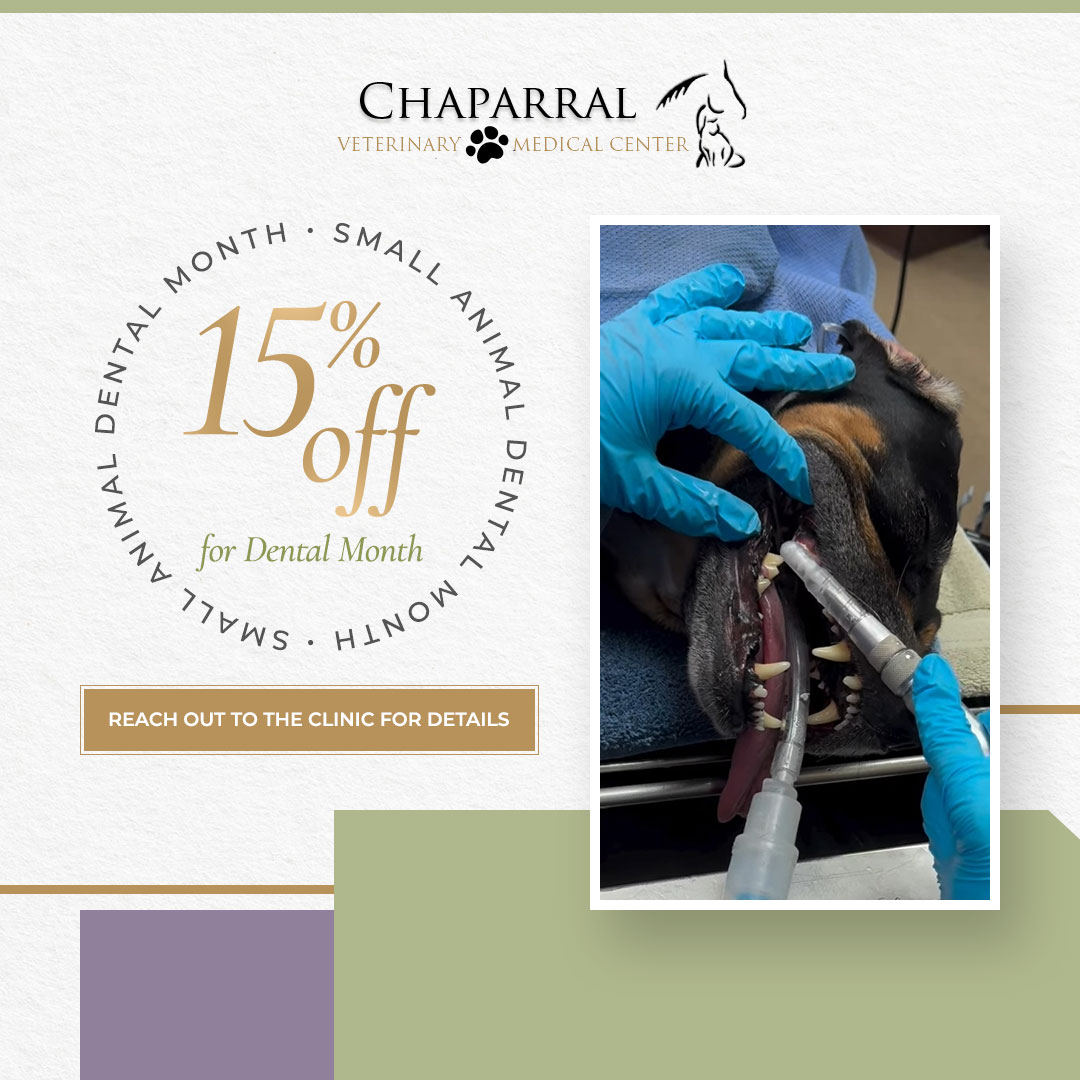Cave Creek, AZ 85331
The Importance of Ophthalmology in Veterinary Care

The field of veterinary care is vast and encompasses many specialities. One such speciality that plays a crucial role in maintaining the overall health of our pets is ophthalmology. Ophthalmology in veterinary care focuses on the diagnosis and treatment of eye diseases in animals.
Understanding Pet Health
When it comes to pet health, we usually think of routine vaccinations, diet, and exercise. However, maintaining your pet's eye health is equally important.
Certain conditions like diabetes, hypertension, or autoimmune diseases can have ocular manifestations. Therefore, a comprehensive eye exam can sometimes be the first step in diagnosing these systemic diseases. Moreover, certain breeds are predisposed to specific eye conditions. Regular ophthalmologic examinations can ensure early detection and management of these conditions, thereby preserving your pet's vision.
Common Eye Conditions in Pets
Pets can suffer from a variety of eye conditions. Some of the most common eye conditions in pets include conjunctivitis, cataracts, glaucoma, dry eye, and corneal ulcers. Understanding these conditions is key to recognizing symptoms and seeking timely veterinary care.
Conjunctivitis, commonly referred to as "pink eye," is an inflammation of the conjunctiva, the clear tissue that covers the white part of the eye. It can result in red, swollen eyes and a mucous or pus-like discharge. Cataracts, on the other hand, cloud the lens of the eye, obstructing light from reaching the retina and causing blurred vision or blindness.
Glaucoma is a serious condition characterized by increased pressure within the eye, leading to damage to the optic nerve and potential vision loss. Dry eye or Keratoconjunctivitis sicca (KCS) is a condition where the eyes produce insufficient tears, leading to dry, irritated eyes. Finally, corneal ulcers are painful sores on the outer layer of the eye, usually caused by trauma or infection.
The Role of Veterinary Ophthalmology in Diagnosing Pet Eye Conditions
Veterinary ophthalmologists play a crucial role in diagnosing these common eye conditions in pets. They use a range of specialized tools and techniques to examine the eye thoroughly. This might include a slit lamp examination to evaluate the structures of the eye, tonometry to measure intraocular pressure, or fluorescein staining to detect corneal ulcers.
Once a diagnosis is made, the veterinary ophthalmologist can recommend a treatment plan tailored to the specific needs of your pet. This could include medications, surgical procedures, or lifestyle changes. The role of veterinary ophthalmology in diagnosing pet eye conditions is vital in preserving your pet's vision and overall health.
Without the expertise of veterinary ophthalmologists, many of these conditions could go unnoticed until they cause severe vision loss or even blindness. Therefore, regular eye examinations by a qualified veterinary ophthalmologist are key to maintaining your pet's eye health.
Ensuring Your Pet's Eye Health with Veterinary Ophthalmology
Veterinary ophthalmology plays a crucial role in maintaining your pet's eye health. From diagnosing common eye conditions in pets to providing preventative eye care, a veterinary ophthalmologist's role is pivotal in ensuring your pet's wellbeing.
To learn more on the importance of ophthalmology in veterinary care, contact Chaparral Veterinary Medical Center in our Cave Creek, Arizona, office. Call 480-595-8600 to schedule an appointment today.













